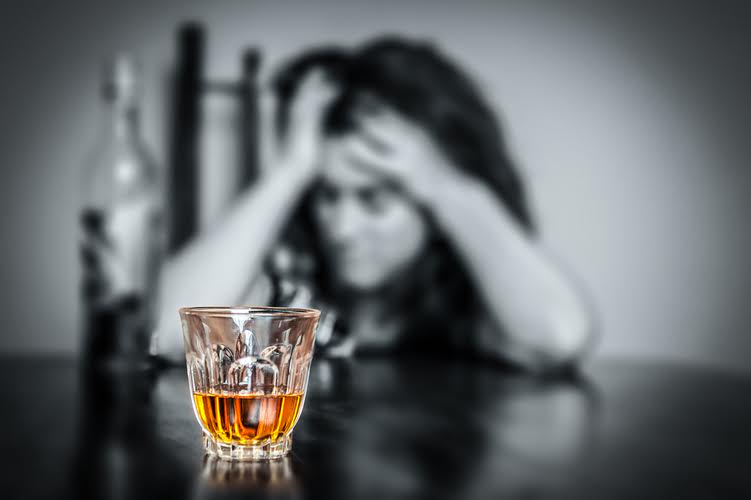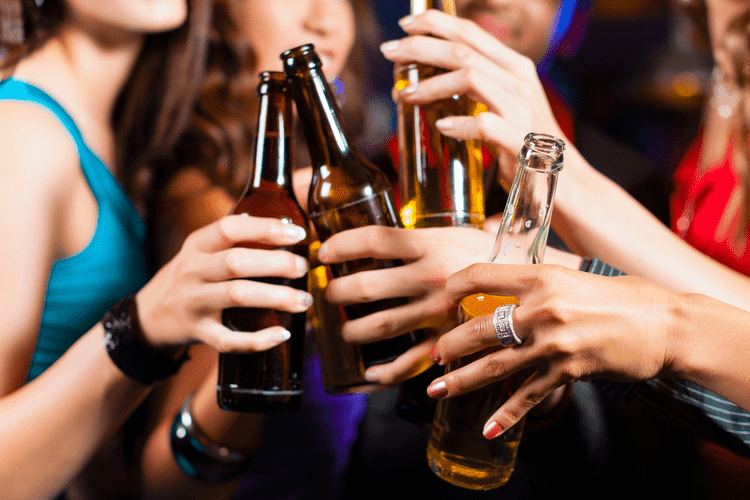When someone drinks heavily for an extended period of time, alcohol is capable of causing three forms of brain damage. As this damage occurs and progresses, it invariably takes away the power of choice. Because of this, consumers and bartenders have devised countless ways for softening, refining, and even concealing the distinctively intense flavor. Despite this quality, many people cannot seem to get enough of it. In fact, some people can’t stop drinking alcohol even though it’s wreaking absolute havoc on every aspect of their lives. Alcohol addiction can have a profound impact https://ravibrar.com/alcohol-consumption-in-the-united-states/ on various aspects of an individual’s life.

A Structured Environment That Supports Sobriety
Understanding the development and cycle Alcohol Use Disorder of alcohol addiction can assist individuals and their loved ones in recognizing the signs of addiction and seeking appropriate help and support. A comprehensive treatment plan, which may include counseling, therapy, and support groups, can play a vital role in overcoming alcohol addiction. Research suggests that certain genetic variations can increase an individual’s vulnerability to developing addiction.
Alcohol Addiction
We publish material that is researched, cited, edited and reviewed by licensed medical professionals. The information we provide is not intended to be a substitute for professional medical advice, diagnosis or treatment. It should not be used in place of the advice of your physician or other qualified healthcare provider. When someone drinks alcohol, the body produces neurotransmitters that create feelings of pleasure and relaxation.

Social and Environmental Influences
- Whether or not we accept terms like ‘alcoholic’ or ‘addict’, it is important to be cautious about how we use them.
- Gradually, this coping mechanism becomes entrenched, and the individual finds it harder to handle stress without drinking.
- It’s just as addictive as drug substances, and its use causes various physical, psychological, social, and financial problems.
Alcohol is potentially addictive, but not everyone is at the same level of risk. Join a support group that can give you a safe place to share and learn from others. If any of these signs seem familiar, it might be time to take a closer look. No matter how many times you’ve relapsed, or how long you’ve been struggling, we are here to support you. See how care works, what to expect, and how Midwest Recovery Centers support what makes alcohol addictive you.

